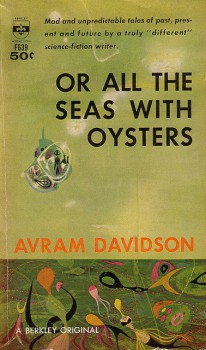The Meta-Reality of Fandom

I’m an unapologetic geek. I don’t just watch genre shows and read genre books, I immerse myself in them. The ones that stay with me, that I actually decide to devote myself to, linger with me, becoming part of the fabric of my internal world, the thought processes that help me deal with the mundane levels of reality. I analyze these cultural components, trying to pick them apart to figure out why the events unfolded the way they did and, more importantly, what I can learn from it. (For an example, consider how I found an excuse to talk about Thor on my Physics blog, using the film as a lesson in how to be a good scientist.)
Black Gate is also dedicated toward this sort of exploration, publishing not just fantasy fiction but also thoughtful commentary on the genre, in both the magazine and also on this blog. (At this point, I feel the need to point out Aaron Starr’s recent excellent post “The Gods Never Urinate,” which is an exceptional case of this.) Even on our Twitter feed, @BlackGateDotCom, we try to share as much of this sort of material as we can.
But let’s really think about what’s going on here. The genre of science fiction and fantasy, more than any other, reflect upon the fundamental nature of reality. They can do this literally, metaphorically, or (when at its best) in complex combinations of the two. So you have reality, and then you have the genre literature which is reflecting upon that reality.
And the truly motivated fans don’t just read the literature. Remember, the word “fan” comes from “fanatic.” If you don’t obsess at least a little bit, you aren’t a fan, you’re just someone who likes the show or the book. Fans go a step further, and we reflect upon the genre. We reflect in our own minds, and through the written word, both online and in print, in podcasts and vidcasts, and in person at gaming stores, comic shops, bookstores, conventions … or, let’s be honest, any time more than two of us are in contact with each other. The depth of the analysis can vary widely, of course, but that reflection on the genre is the defining trait of fandom.
Fandom is the process of reflecting upon the reflection of reality. …

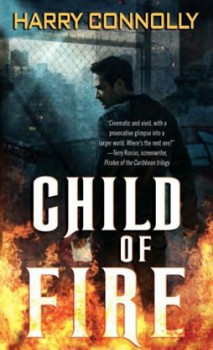
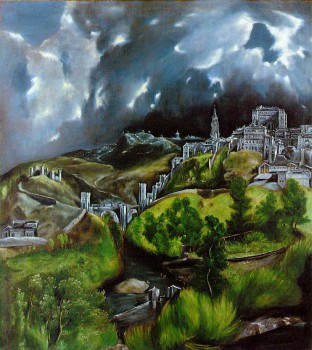 . . . not that I mind, really.
. . . not that I mind, really.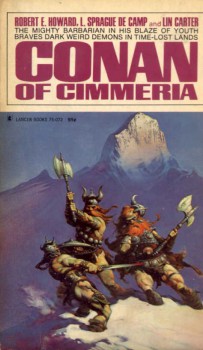

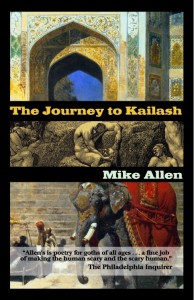

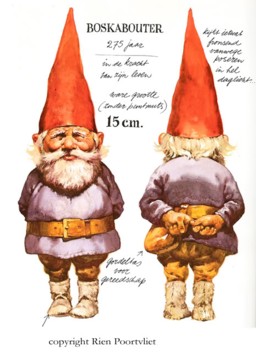 This morning on my walk to work, I spotted a man crossing a lawn. His arms were very full. Of garden gnomes.
This morning on my walk to work, I spotted a man crossing a lawn. His arms were very full. Of garden gnomes.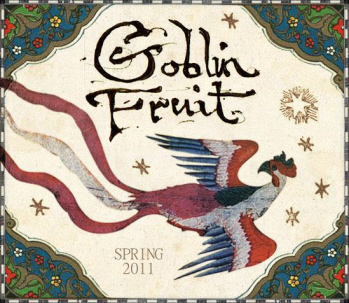
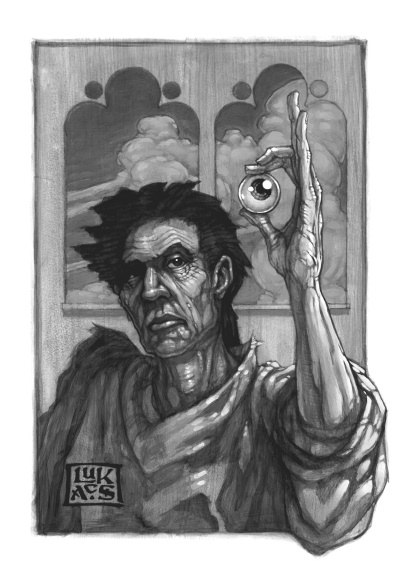 I can’t help it! I must speak, and I must speak now, for I just found out about it. John O’Neill will probably glare at me, because once he hears, he’ll immediately want to post about it, and then he’ll discovered that I already have!!!
I can’t help it! I must speak, and I must speak now, for I just found out about it. John O’Neill will probably glare at me, because once he hears, he’ll immediately want to post about it, and then he’ll discovered that I already have!!!